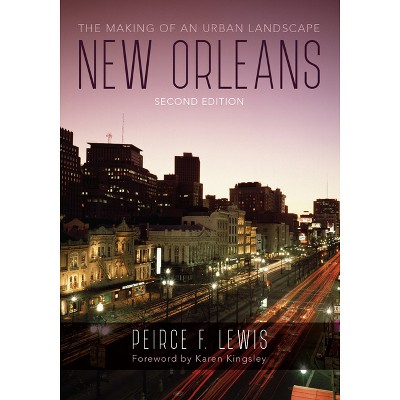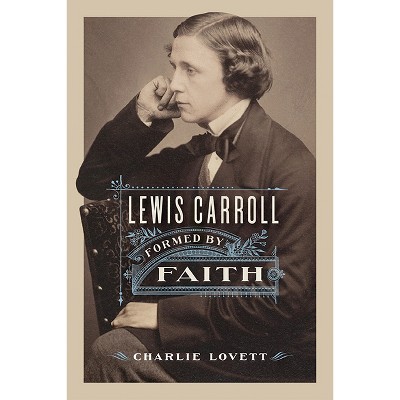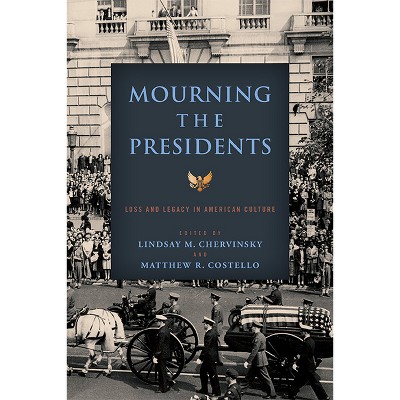The Moderates' Dilemma - by Matthew D Lassiter & Andrew B Lewis (Paperback)

About this item
Highlights
- In 1958, facing court-ordered integration, Virginia governor J. Lindsay Almond Jr. closed public schools in three cities, one of the first instances of the "massive resistance" embraced by conservative southern politicians in the wake of Brown v. Board of Education.
- About the Author: Matthew D. Lassiter is an intructor in the history department at the University of Virginia.
- 251 Pages
- Social Science, Ethnic Studies
Description
About the Book
The moderate revolt against massive resistance helped to save public schools and reshaped the political balance of power in the state, the editors argue, but it delayed substantial school desegregation, as moderate Virginians became reconciled to the end of Jim Crow out of self-interest rather than a deep commitment to the need for equal education opportunity for all.Book Synopsis
In 1958, facing court-ordered integration, Virginia governor J. Lindsay Almond Jr. closed public schools in three cities, one of the first instances of the "massive resistance" embraced by conservative southern politicians in the wake of Brown v. Board of Education. This action provoked not only the NAACP but also large numbers of white middle-class Virginians who quickly organized to protest the school closings. Confronted with the dilemma of accepting desegregation or the ruination of public education, these white moderates finally coalesced into a formidable political coalition that defeated the massive resistance forces in 1959.
September 1998 marks the fortieth anniversary of the public school closings. In The Moderates' Dilemma, Matthew D. Lassiter and Andrew B. Lewis have compiled six essays that explore this contentious period in Virginia history. The moderate revolt against massive resistance helped to save public schools and reshaped the political balance of power in the state, the editors argue, but it also delayed substantial school desegregation, as moderate Virginians became reconciled to the end of Jim Crow out of self-interest rather than a deep commitment to the need for equal education opportunity for all.
Review Quotes
The Moderates' Dilemma fills a glaring and fundamental gap in the vast historiography of the civil rights struggle of the 1950s and 1960s. Lassiter and Lewis and their colleagues have restored the sense of conflict over civil rights by depicting opposition to the movement in its full complexity and strength. Their picture is at once more interesting and more realistic than the one that now prevails in textbooks and academic conferences.
--David L. Chappell, author of Inside Agitators: White Southerners in the Civil Rights MovementAbout the Author
Matthew D. Lassiter is an intructor in the history department at the University of Virginia.
Andrew B. Lewis is an instructor at the University of Virginia and a scholar-in-residence at the Carter G. Woodson Institute for Afro-American and African-Studies.
Paul M. Gaston is Professor Emeritus of History at the University of Virginia.
Shipping details
Return details
Trending Poetry











